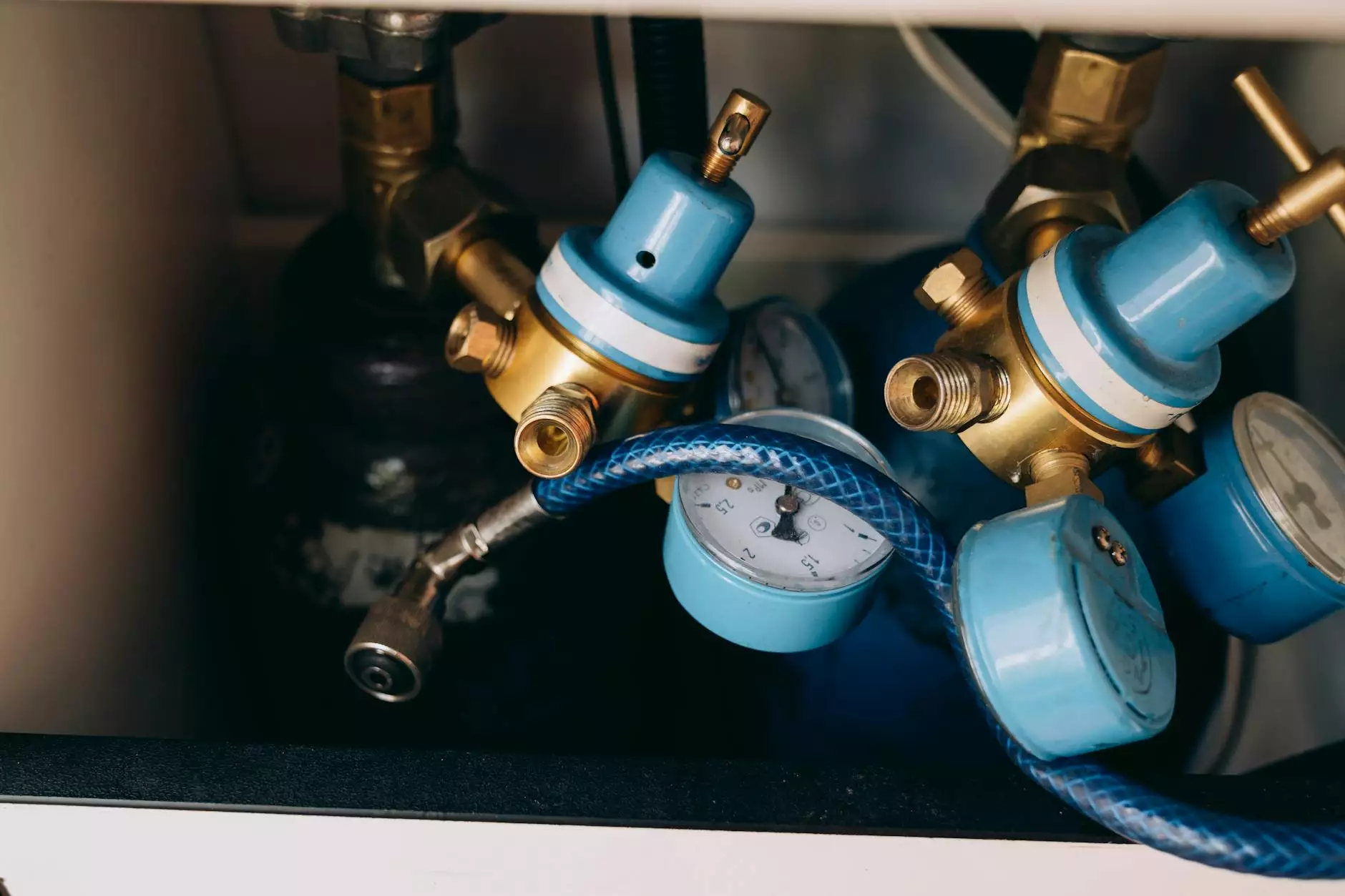Understanding Automatic Valve Bodies: A Key Component in Automotive Systems

The automotive industry is an intricate web of components working together to ensure optimal performance and safety. Among these crucial elements is the automatic valve body, a component that plays an essential role in the functioning of automatic transmissions. In this article, we will delve deep into the world of automatic valve bodies, exploring their structure, functionality, and significance within the automotive sphere.
What is an Automatic Valve Body?
An automatic valve body is a complex mechanism located within the transmission of a vehicle, specifically designed to manage the flow of transmission fluid. It contains numerous valves and channels that control fluid pressure, which in turn dictates the engagement and disengagement of gears. The valve body serves as a crucial interface between the engine and the drivetrain, ensuring that the vehicle operates smoothly and efficiently.
How Does an Automatic Valve Body Work?
The operation of an automatic valve body is a harmonious blend of engineering and mechanics. Here’s how it functions:
- Fluid Flow Management: The valve body directs the flow of transmission fluid to various parts of the transmission. When the driver accelerates, the valve body adjusts the fluid flow to provide precise gear shifts.
- Pressure Regulation: It modulates the hydraulic pressure in the transmission, ensuring that the appropriate pressure is maintained for shifting gears without delay.
- Gear Selection: The valve body decides which gears to engage by opening or closing valves, thus controlling the transmission's performance based on the vehicle's speed and load conditions.
The Importance of Automatic Valve Bodies in Automotive Performance
The automatic valve body is vital not only for the smooth operation of the vehicle but also for its overall performance and longevity. Here are some key reasons why it is essential:
- Smoother Shifting: A well-functioning valve body enables seamless transitions between gears, enhancing the driving experience.
- Efficient Power Delivery: By managing fluid pressure and flow, the valve body allows for optimal power transfer from the engine to the wheels.
- Longevity of Transmission: Proper maintenance of the valve body can prevent excessive wear and tear on transmission components, prolonging their lifespan.
Common Issues with Automatic Valve Bodies
Despite their robust design, automatic valve bodies are not immune to issues. Some common problems include:
- Fluid Leaks: Worn seals or gaskets can lead to fluid leaks, compromising transmission performance.
- Sticky Valves: Dirt and debris accumulation can cause valves to stick, resulting in erratic shifting or slipping.
- Electrical Failures: Modern vehicles often integrate electronic components within the valve body, which can lead to failures if not properly maintained.
Signs of a Failing Automatic Valve Body
Identifying issues early can save you from costly repairs. Here are some signs that your automatic valve body may be failing:
- Delayed Shifting: If you experience hesitation when shifting gears, it may indicate underlying valve body issues.
- Grinding or Bumping: Unusual noises during gear changes can signal that the valve body is not operating correctly.
- Warning Lights: Dashboard alerts regarding transmission issues should not be ignored, as they may point to valve body malfunction.
Maintaining Your Automatic Valve Body
Like any other component in your vehicle, regular maintenance is key to ensuring the longevity and functionality of the automatic valve body. Here are some maintenance tips:
- Check Fluid Levels: Ensure that the transmission fluid is at the appropriate level and condition. Contaminated fluid should be replaced promptly.
- Change Transmission Fluid Regularly: Follow the manufacturer’s guidelines for fluid changes to prevent dirt and debris buildup.
- Seek Professional Inspections: Have a professional inspect your transmission regularly to catch any potential issues early.
Choosing Quality Automatic Valve Bodies
When it comes to replacing or upgrading your automatic valve body, quality is paramount. Opting for high-quality parts can significantly impact your vehicle's performance. Here’s what to consider:
- Brand Reputation: Choose valve bodies from reputable manufacturers known for their durability and performance.
- Warranty and Support: Look for products that come with a warranty and solid customer support in case you face any issues.
- Compatibility: Ensure that the valve body is compatible with your vehicle’s make and model to avoid installation issues.
Conclusion
The automatic valve body is a pivotal component in the realm of automotive engineering, directly influencing a vehicle's performance and driving experience. By understanding its functionality, recognizing potential issues, and adhering to maintenance practices, you can ensure that your vehicle operates at its best. Whether you are a seasoned automotive enthusiast or a casual driver, appreciating the role of the automatic valve body will deepen your understanding of your vehicle's intricate mechanics. At shenghaiautoparts.com, we pride ourselves on providing high-quality auto parts to enhance your vehicle’s performance. Explore our extensive range of automotive components today!









